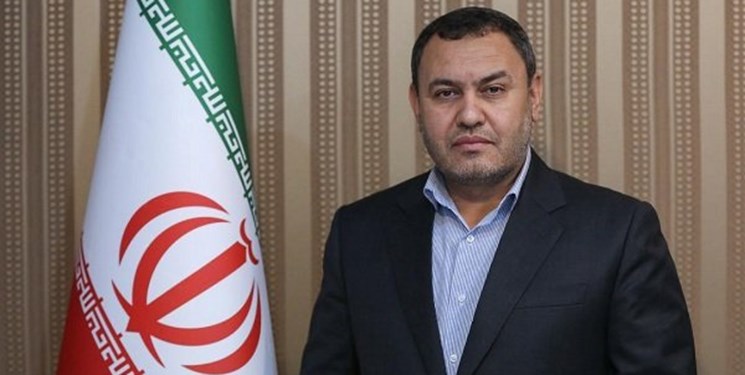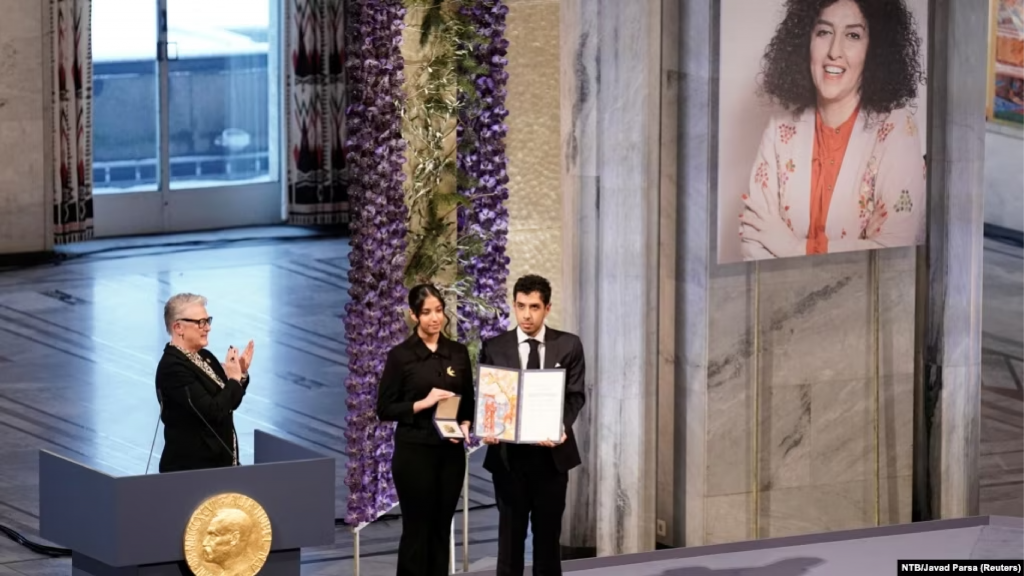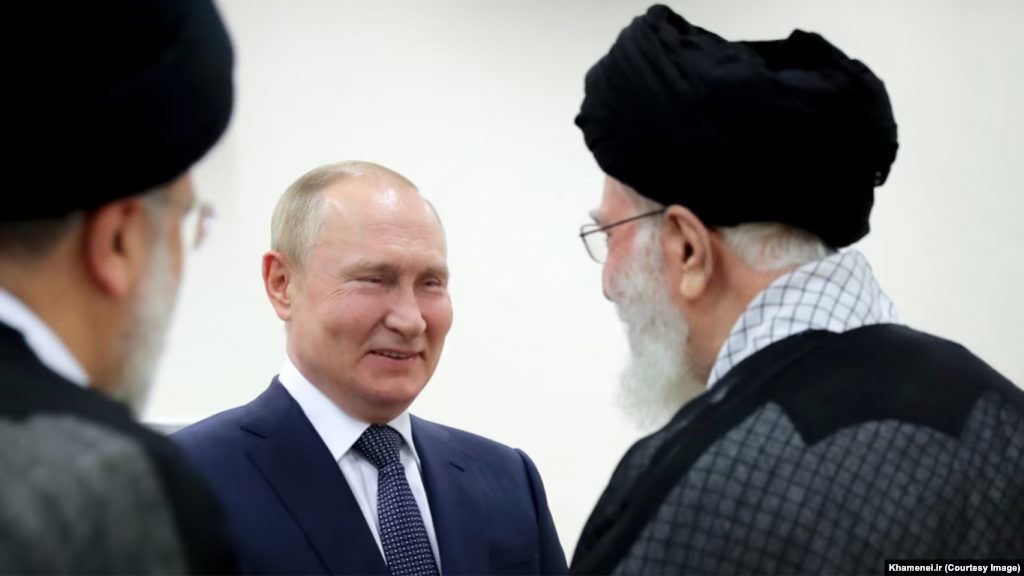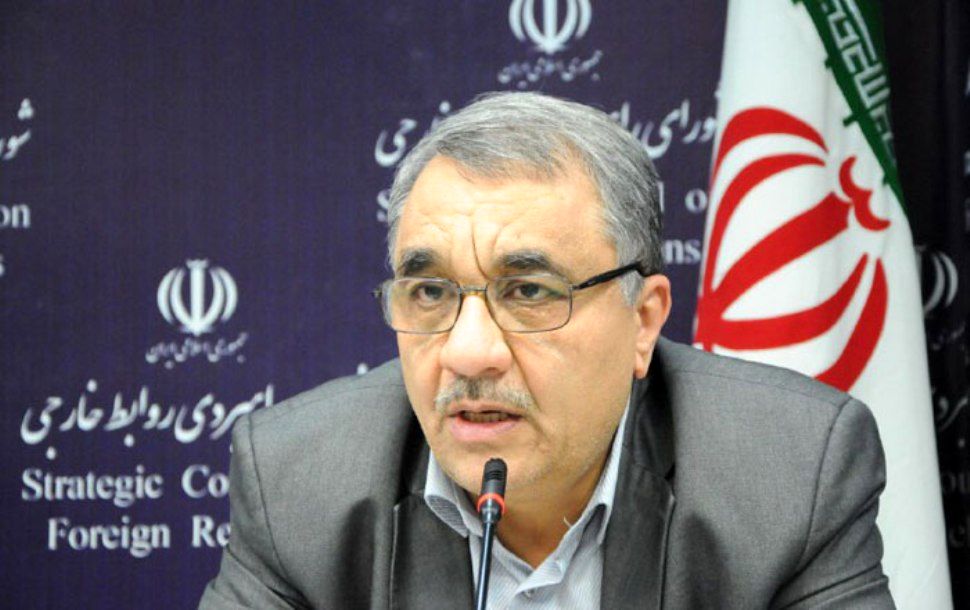
The editorial of Jomhouri Eslami reviews different aspects of the recent case of $3.5 billion corruption in importing tea.
- Corruption in importing tea is too massive to be ignored. The officials and authorities who try to close their eyes to this issue and just chant slogans about fighting corruption – just as they did in other cases – must know that they will be condemned in the court of public opinion.
- It makes no difference for people in which government this corruption has started and in which government it has reached its peak. What is important is that the corruption has not been uprooted; rather, it has become stronger.
- According to the judiciary head, 60% of the currency for importing the tea was allocated in 2021, and 70% was allotted in 2022, which means that the corruption has strongly continued during Ebrahim Raisi’s government. So, the government’s claim about uprooting corruption is baseless and corruption is still pervasive in the country’s executive branch.
- Government officials must not imagine that simply condemning corruption can resolve the issue or that the public will conclude that there will be no more corruption. Ensuring corruption is uprooted from the executive branch is vital for the people and the country.
- What has surprised the people is that Iran’s senior authorities have not reacted to the issue of huge corruption in importing tea and have not even issued a statement about it. How come the country’s leadership has remained silent about such huge corruption?
- How come the national media has not become the frontrunner in exposing this corruption in importing tea? How come this issue is not seriously covered on the radio and television day after day? Is not corruption of roughly $3.5 billion worthy of being in the news?
- The most essential issue about economic corruption is that its mafia is stronger than officials. So, to uproot corruption, there is only one way: individuals who are stronger than the mafia must be appointed to official positions.
Regional Trips of Raisi and Putin
The editorial of Arman Melli reviews the implications and repercussions of the recent regional trips made by the Iranian and Russian presidents.
Putin’s trip to the UAE and Saudi Arabia must have been planned weeks before and perhaps even before Gaza’s war – an important trip that could not have been organized quickly. When the Russian president visits the UAE and Saudi Arabia and a part of the trip is for economic purposes, then the officials of southern countries of the Gulf must prepare themselves for it.
So, this trip was more intended to provide for the interests of Russia, Saudi Arabia, and the UAE and was particularly important given the fact that Putin has been condemned by international courts for violating human rights. But in his two recent trips, he visited countries that are the United States’ allies, making them essential from this perspective.
On the other hand, Raisi’s trip to Moscow seemed to be more about the Gaza problem to coordinate between Iran and Russia to establish a ceasefire in Gaza. Iran backs Hamas and it has become almost sure that Israel will not stop the massacre until Gaza is ruined and controlled. So Raisi had to consult with Putin to see how the Russians could help in this regard.
On the other hand, Russia is no longer worried about the West’s sanctions against this country, because, after Gaza’s war, Russia has gained the upper hand in the war against Ukraine. So, in the current situation, one can say that Ukraine is going to lose the war, and it is unlikely that Ukraine will be able to push Russia out of the east and south of Ukraine and Crimea.
Russia feels that as it gets closer to the presidential election next year and the war with Ukraine is going to end in its favor, it must create geopolitical openings. So Russia’s moves are to tell the Russian people that conditions will get better and tell the West that it is exiting its closed geopolitics through launching regional activities.
Recession More Bitter Than Inflation
The editorial of Arman Melli argues that the recession in domestic and foreign investments is deeply damaging Iran’s economy, and issues like soaring inflation are just symptoms of that problem.
By classifying the economic and social problems in Iran, we realize that what the public is suffering from today is unbridled inflation and inflationary recession which are deep and significant problems in our society.
However, economic experts and analysts hold that the current inflation and recession are not the causes of the problems but their effects. Non-experts echo this view and criticize the government, the Parliament and authorities for not identifying a solution for it.
Undoubtedly, the officials and authorities are responsible for finding a solution to these problems. But if they do not consider the fact that these problems are effects and not the causes, the same thing that happened in past years will happen again.
Looking for superficial and temporary solutions might just comfort people’s pain for a short while, but will negatively impact the fundamental economic issues. For example, to prevent the inflation rate from rising, they keep fuel and gasoline prices down with government subsidies. But such solutions, which at times might seem inevitable, will have a devastating impact on the entire economy, severely increase consumption, increase the budget deficit for the government and eventually create further inflation.
Temporary economic solutions like subsidies will cause economic harm and increase pressure on people. The government’s current expenses are some of the leading causes of inflation. Demand for foreign currency in an economy deeply reliant on importing goods will also increase the prices of goods and services.
These causes will not be treated by giving subsidies. A more fundamental solution goes back to drastic legislative changes and more fundamental economic issues. If these issues are not resolved, simple measures to support vulnerable groups will not be resolved.
Focusing only on inflation and using it as the basis for policymaking and not dealing with numerous contradictory economic laws in the country will result in ignoring more important and decisive economic trends.
The recession in foreign and domestic investments is very significant — but the media pay less attention to it. Recession in investments — mainly because of economic sanctions, inattention to production, the crisis of supply and demand and the incompetence of the government’s economic team — means that there is no planning for increasing employment, particularly among the younger generation.
Obviously, it is necessary to have productive investments, change the related laws and overcome the obstacles for investments in the country. The devastating impact of those who try to frustrate people and make them not go to the ballot boxes for the upcoming parliamentary elections, too, becomes clear.
Putin’s Trip to the Middle East
The editorial of Arman Emrooz reviews different dimensions of Russian President Vladimir Putin’s recent trip to the UAE and Saudi Arabia.
Even though an international court has issued a sentence for arresting President Putin which is why he could not take part in the BRICS summit in South Africa, he visited the UAE and Saudi Arabia. It shows that the most significant Arab countries in the Gulf have not made a decision to change their foreign policy adopted in recent years. Although their relations with the White House have improved, they are still expanding relations with China and Russia.
Moreover, recently, these countries reached an agreement about reducing oil production, and most certainly, one of the issues discussed among them is undertaking the necessary coordination to prevent any decrease in oil prices.
The other important issue of this trip is Saudi Arabia and the UAE’s investments in Russia. Now that Putin feels that Ukraine is falling short in its war with Russia and the West is not ready to generously help Ukraine as before, gradually, the idea of a ceasefire is finding more supporters in the West, and now Putin sees himself as the winner of this war. So he is now after overcoming the conditions of war and sanctions by creating new geopolitical opportunities. He is probably expecting to attract investment offers from the Gulf states.
The other issue which must not be overlooked is Iran and its military ties with Russia. Recently, Iranian officials have stated that Russia is going to deliver a number of Sukhoi fighter jets and military helicopters to Iran. Now, given the sensitivity of the UAE and Saudi Arabia toward close military cooperation between Iran and Russia, which can disrupt the balance of power, Putin finds it his duty to assure his Arab friends that what Russia gives to Iran should not be considered a threat against Arab countries in the Gulf. The Russian president might even offer selling arms to these two countries and more unconditional military cooperation with them.
Given the fact that the UAE and Saudi Arabia have heavily invested in attracting tourists and Russia is one of the most important tourist countries in the region, it is only natural that cooperation in the tourism industry too would be discussed, particularly in the light of the fact that Russian tourists are not problematic and are interested in warm regions.

Progress in Iran-Saudi Talks to Launch Direct Non-pilgrimage Flights

Mohammad Mohammadibakhsh, head of Iran’s Civil Aviation Organization, stated that talks with Saudi Arabia’s officials for launching non-pilgrimage and travel flights between Tehran and Riyadh are underway, adding that “along with the Iranian ambassador to Riyadh, multiple joint meetings have been held with Saudi Arabia’s head of Civil Aviation Organization and his deputies. Common issues between Iran and Saudi Arabia, updating agreements, increasing the number of flights were extensively discussed.”
He added that there have been no limitations on launching direct flights to Riyadh and flights between different cities of Iran and Saudi Arabia can be launched, urging that so far Saudi Arabia and Iran have not raised any setbacks, concerns or conditions about non-pilgrimage flights.
After individuals affiliated with the Basij and IRGC attacked the Saudi embassy in Tehran in 2015, Saudi officials entirely severed diplomatic ties with Iran and Umrah pilgrimage flights were stopped. But after the two countries resumed relations under the mediation of China earlier this year, talks for launching flights, including non-pilgrimage flights, have resumed. Launching these flights can significantly improve political relations between Tehran and Riyadh.
Weekly non-pilgrimage flights between the two countries and authorizing Iranian citizens’ trips to Saudi Arabia can be an essential step in bringing Iran and Saudi Arabia closer because it means that Saudi security officials are assured that Iranian government agents will not get involved in any sabotage and interference in Saudi Arabia – a policy which has been pursued by the Iranian government in the regional countries over the past 44 years.
Furthermore, recently Iran’s Chief of Staff of Armed Forces Mohammad Bagheri and Saudi Defense Minister Khalid bin Salman talked over the phone about common issues.
Imprisoned Iranian Rights Activist Receives 2023 Nobel Peace Prize

The 2023 Nobel Peace Prize has been awarded to a long-time human rights activist, Narges Mohammadi, who is currently incarcerated in Tehran’s Evin prison. Mohammadi’s twins, 17-year-old Ali and Kiana Rahmani, who live in exile, received the award on her behalf in Oslo on December 10.
The Nobel Peace Prize was bestowed on Mohammadi for her fight against the repression of women in Iran and her promotion of human rights and freedom.
In a statement conveyed from Evin prison and read by her son and daughter, Mohammadi called the Iranian establishment a “misogynist, religious tyranny,” saying the Nobel Peace Prize is a “meaningful and powerful endorsement of the glorious movement of Woman, Life, Freedom.”
“I am a Middle Eastern woman; a region with a very rich civilization and yet presently entangled in war, terrorism and fundamentalism,” said Mohammadi in her statement.
She added that people in Iran have recurrently tried to achieve democracy, freedom and equality through peaceful protests and civil resistance, yet the government’s only response to them has been repression, imprisonment, execution and massacre.
“Our ultimate goal is democracy and a fundamental change in Iran,” she asserted in her statement.
Chairman of the Norwegian Nobel Committee Berit Reiss-Andersen had previously asked Iranian officials to free Mohammadi so that she could participate in the Nobel Peace Prize ceremony but to no avail.
Mohammadi’s children, who have not seen their mother for the past nine years and have been deprived of talking to her for the past 18 months, live in exile in France with their father Taghi Rahmani, a political activist who had been jailed for 14 years in Iran.
Ratification of Information Security Agreement Between Iran, Russia

Iranian lawmakers have ratified a cooperation agreement, despite “basic, important faults,” in the field of information security between Iran and Russia, thus increasing Tehran-Moscow cooperation which has already raised international concerns.
According to Iranian media, the general outline of the agreement, which was offered in the form of a bill to the Parliament by Ebrahim Raisi’s government, was passed with 180 in favor, 27 against, and 10 abstentions.
The agreement was ratified even though its details have not been transparently announced and several lawmakers have voiced concerns about granting access to the Russians to enter different fields in Iran.
The current agreement was passed only days after Raisi’s trip to Moscow and meeting with Russian President Vladimir Putin during which both countries underscored increasing bilateral cooperation.
Spokesperson for the Parliament’s National Security and Foreign Policy Commission Abulfazl Amouee defended the bill before voting, saying that this agreement is about threats in cyberspace and strategies for countering these. He added that given other agreements between Tehran and Moscow, diversifying cooperation between Iran and Russia in information security must be welcomed.
The government’s representative also defended the agreement saying that the negotiations for this agreement started in 2018. He continued to point to the Iranian government’s ambitions in cooperation with Russia, adding that collaboration between Iran and Russia in the framework of cyber information can become a bedrock for deepening security relations, bolstering national security and eventually increasing both countries’ preemptive power.
In recent years, Tehran and Moscow have increased their cooperation, particularly in the military field, while Ukraine and Western countries have voiced concerns in this regard accusing Iran of providing Russia with drones in its attack against Ukraine.
In the meantime, there have been multiple reports about cyberattacks by Iran, Russia and China against vital infrastructure in Western countries.
500,000 to 1.2 Million “Illegal Foreign Citizens” in Iran

The head of the National Migration Organization, affiliated with the Iranian Interior Ministry, has estimated that the number of legal foreigners in Iran reaches 4.3 million while the number of illegal foreign citizens in the country is between 500,000 and 1.2 million people.
Abdullah Mobini told IRNA news agency that of the legal foreigners in Iran, 670,000 are school children and roughly 20,000 are university and seminary students.
This Interior Ministry official alleged that 2 million foreign citizens have been “organized” and about 1 million people are currently receiving their smart cards.
Mobini also criticized those who inflate the number of illegal foreign citizens in the country, stating that the Interior Ministry is seriously rounding up those who have entered the country illegally and deporting them to their original countries. He urged that the process of deporting these individuals is underway.
In the language of Iranian officials, a “foreign citizen” usually refers to Afghan asylum seekers and refugees who have entered Iran legally or illegally.
In the meantime, the commander of the border guard unit in Khorasan Razavi Province earlier announced that during a week, more than 13,000 Afghan citizens were expelled from Iran by border guards.
Moreover, a member of the Parliament’s Domestic Affairs Commission announced a bill that will make renting houses and giving jobs to illegal foreign citizens punishable by law.
In recent months, Iranian officials have taken a harsh stance toward Afghan refugees and they are reportedly being expelled from Iran.
